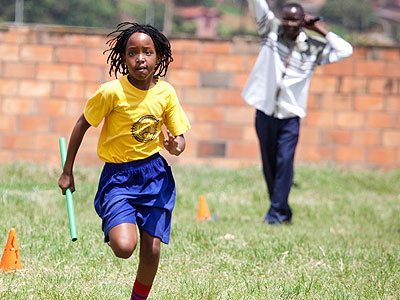Education vs Talent: What to Prioritize?

In today’s fast-paced world, Nigerian parents and students are often caught between two powerful forces: academic education and natural talent. Should a child focus on school or pursue a passion like music, sports, tech, or entrepreneurship? Here's a guide to help you make a balanced decision.
Quick Insight: It’s not a matter of choosing one over the other—real success often comes from finding the sweet spot between education and talent.
1. Understanding the Role of Education
Formal education builds a strong foundation in literacy, critical thinking, discipline, and exposure to various subjects. It opens doors to opportunities and provides backup options even if talent takes time to pay off.
2. Recognizing the Power of Talent
Talent, when nurtured, can lead to exceptional success in non-traditional careers like music, sports, art, tech, or entertainment. In Nigeria, many successful individuals—such as artists, tech founders, and influencers—built their careers on skill rather than certificates alone.
3. Can They Co-Exist?
Absolutely. A student can excel academically while developing talents in music, coding, athletics, or leadership. Many top schools now encourage both by offering clubs, mentorships, and talent development programs alongside academics.
4. Signs to Watch in Your Child
- They show natural ease and enthusiasm in a specific activity (e.g., drawing, singing, coding, sports)
- They are self-motivated and practice without being pushed
- They gain recognition or perform better than peers in talent areas
- They struggle with traditional academics but shine in practical tasks
5. The Balanced Approach
- Prioritize basic education (at least to senior secondary level)
- Identify and nurture talent early—enroll in training programs or summer camps
- Use flexible schooling options if talent demands time (e.g., online school, homeschooling)
- Encourage goal setting, time management, and emotional support
6. Nigeria’s Reality
In Nigeria, education is still highly valued socially and professionally. However, the job market rewards creativity, innovation, and skill. Talent can earn you millions—but education keeps your options open and helps you manage success wisely.
Final Thoughts
Education and talent should not compete—they should complement each other. Parents and schools must help children build both academic competence and practical skills. With proper guidance, Nigerian students can thrive in classrooms and on the stage, field, or screen.
Tip: Don’t dismiss your child’s talent. Many of today’s most successful professionals blended both worlds to create fulfilling lives.
